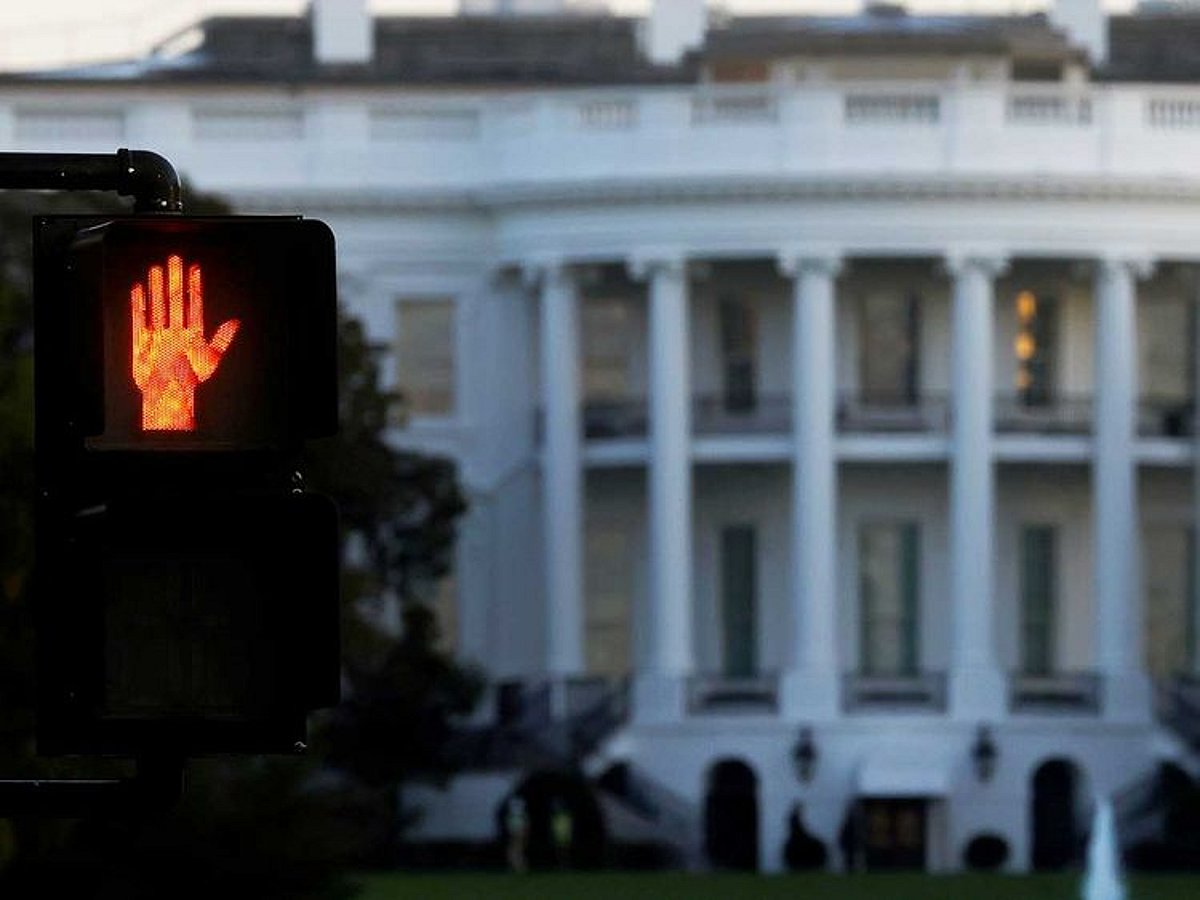750,000 jobs at risk?
Analysts further warn the shutdown could turn serious if it blocks jobs and inflation data needed before the Fed’s next rate decision.
The shutdown halts operations across federal agencies, threatens delays in crucial economic reports, and puts as many as 750,000 federal workers on furlough, according to the Congressional Budget Office.
Trump raised tensions further, warning his administration could permanently fire “a lot” more employees if the standoff drags on.
Investors brace for impact
Markets are bracing for the fallout. Investors fear delays in jobs and inflation data could cloud the US Federal Reserve’s next move on interest rates, which will have implications on government policy decisions worldwide.
A delayed release of Friday’s key US economic report could leave Wall Street flying blind, just as the jobs market shows signs of slowing and inflation remains above target.
This is why the shutdown threatens to derail a rally that has lifted the US market by 14% this year, with stocks having already been showing signs of strain as doubts grew over the jobs market’s strength.
Costing US economy billions
Government shutdowns come with heavy costs. The 2018–2019 shutdown erased $3 billion in economic activity that was never regained, according to the Congressional Budget Office. Markets grew volatile, while consumer spending and business confidence weakened.
This round carries equally high stakes. Federal employees face delayed paychecks, airline operations risk disruption, food aid programs could be interrupted, and key economic reports — including the monthly jobs data — may be pushed back.
The U.S. Travel Association has warned lawmakers that a shutdown could wipe out $1 billion in travel spending every week, further straining an already stretched workforce.
Justin is a personal finance author and seasoned business journalist with over a decade of experience. He makes it his mission to break down complex financial topics and make them clear, relatable, and relevant—helping everyday readers navigate today’s economy with confidence.
Before returning to his Middle Eastern roots, where he was born and raised, Justin worked as a Business Correspondent at Reuters, reporting on equities and economic trends across both the Middle East and Asia-Pacific regions.


